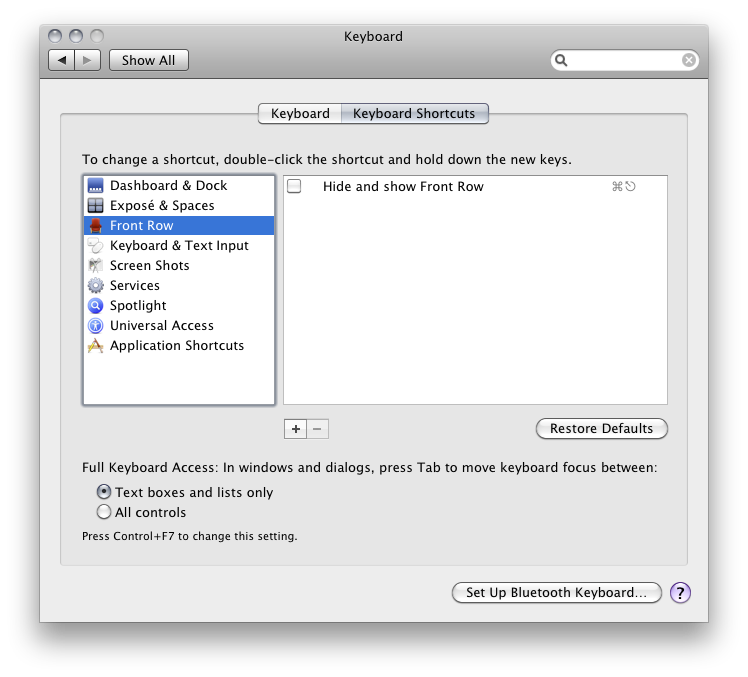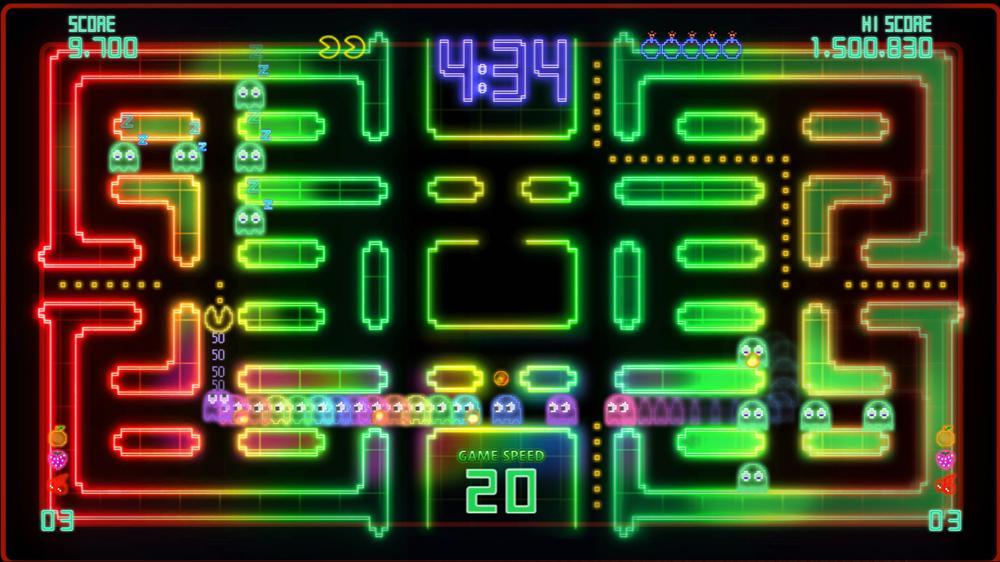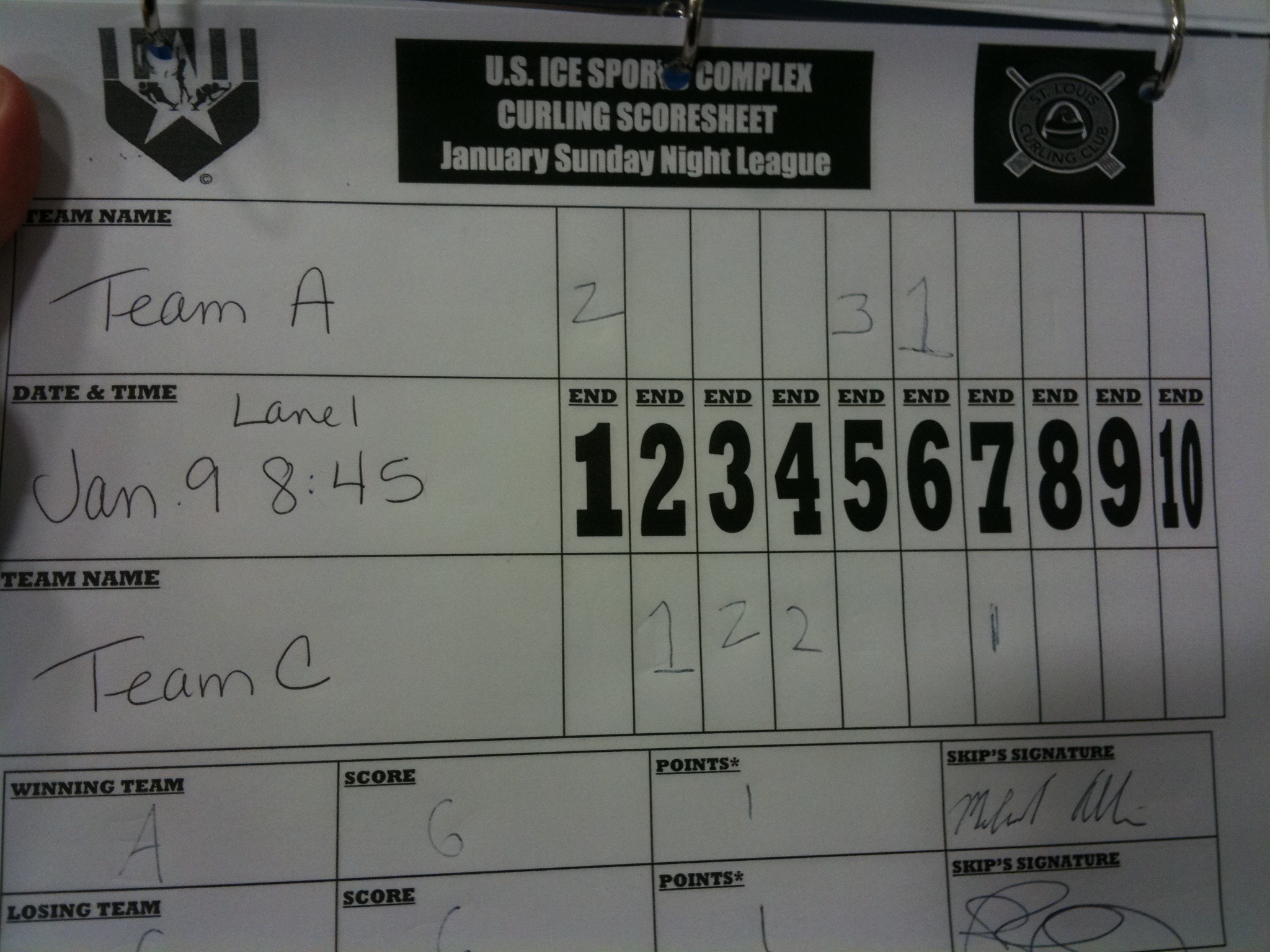(Yes, I just finished this in December. Also, in case you wouldn’t know, spoilers abound ahead.)
Assassin’s Creed is a concept desperately in need of a game. It’s deeply flawed in some ways and totally engrossing in others—and in my opinion, the flaws weren’t immediately noticeable until I was about thirty minutes into the sequel, which I’m working on now and will definitely give thoughts on later.
Perhaps the best way to give you my overall feelings on the game is to first lay out what worked and what didn’t. I’m sure lots has been written on this since the game is quite old at this point, but it doesn’t hurt to give another opinion.
What Worked
- The setting (both place and time) is unique and compelling.
- The sci-fi undertones, despite my initial misgivings, totally work.
- The concept—the idea of the main character—is awesome.
What Didn’t Work
- Altaïr.
- Free-running was at times very imprecise and frustrating.
- Samey-ness permeated the game.
One of the most telling problems with it is that I really had to force myself to finish the game, mostly out of a sense of disillusionment. The early trailers and buzz had the amazing concept that you were to be an assassin, striking from the shadows and then escaping with both intelligence and speed to blend back into the crowds and disappear.
When fulfilling the main assassination objectives, I think this happened exactly once—on the first “boss,” or more appropriately, target. For almost the entire remainder of the game, I was constantly in combat with scores of guards, and once I figured out the rhythm and pattern to the combat, it was rote and quickly became boring.
That’s not to say that the game didn’t have moments of beauty contained within. It looked great, controlled well (for the most part), and had competent but not amazing sound design. The voice acting managed to not get in the way, which is high praise. There was also an enormous feeling of satisfaction when pulling off a plan successfully and finding just the right way to accomplish your task. Assassin’s Creed has one of the more unique settings in recent video gaming—the Holy Land during the Crusades. (This doesn’t touch on the “modern day” setting that frames the Altaïr story, though I actually thought it worked quite well and was very compelling.)
The problem is that the game has you performing the same several tasks over and over and over again. There’s very little variety in mission structure or design. For each target you take on, you have to perform at least two, and can perform as many as six, of the following types of tasks:
- Follow someone and beat them up. (difficulty: tying my shoes)
- Find someone, sit on a bench, and press a button to listen to them. (difficulty: walking down the street and then standing in place)
- Find someone, press a button to listen to them, follow them and then pick their pocket. (difficulty: only frustrating when the game randomly causes you to fail)
- Talk to an assassin, then kill his targets because he’s either lazy or a jackass within a time limit (difficulty: maddening, because you can’t be detected and there’s a time limit)
- Talk to an assassin, then pick up random flags because he’s lazy (difficulty: only as bad as the free-running controls, meaning random)
That’s every mission in the game, summed up. The top ones in the list happen more frequently in the beginning, and the lower ones more often towards the end of the game (especially the assassination within a time limit stuff). You can also rescue citizens from being harassed by guards, which makes certain other things easier, but is just an excuse to make you (once again) fight a bunch of dudes.
Once you’ve completed enough of those tasks, you’re given your target and told to off him. There are benefits, to remaining undetected until you perform the deed, but in most cases it doesn’t matter—the target will either run, in which case you can usually catch them, or will turn to fight you, in which case he’s insane. It should be noted that running a dude down who’s on to you is also rather satisfying when it happens the right way.
So you do the above nine times in a row. That is the entire game. Three targets are in each city, and the cities are tied together with an “overworld” that is notable only because every other character in the overworld wants to kill you—and there’s no point to it unless you want to do a collect-a-thon for flags that earns you nothing but an Achievement. Once you’ve been to each city once, you can fast travel there instead of using the hub world—and that’s how you will get around after 1/3 of the game is done.
Which brings us to our next point and the main problem with the game—the main character, or lack thereof.
ALTAÏR IS BORING. Like, Squall Leonhart boring. Maybe even more so.
The character you play in the present time section of the game, Desmond, is infinitely more interesting than Altaïr, and you play as him for maybe an hour, probably more like forty minutes.
Altaïr’s problem is that he has absolutely no motivations or characterizations of any kind. When you are introduced to him, it’s much like a Metroid game: you begin with all kinds of neat abilities that are then magically stripped from you for the sole purpose of making you play the game to regain them. You get back an ability or a weapon with each target you eliminate, which makes you strong enough that you have a better chance of not dying when you take on the next one.
His supposed motivation is that he failed his boss when sent to accomplish a task, so his death is faked and then he is assigned to kill the nine guys in order to regain his status as an Assassin—so the main character goes around killing dudes basically because the ranking old guy on scene tells him to. You don’t have to be a genius to figure out before too long that there’s something deeper behind the killings (because video games can’t ever be simple), but Altaïr just kind of blindly keeps going. He doesn’t have any friends, doesn’t have any personal motivations, no relationships: there’s nothing that makes him relatable in any way.
I suppose the theory is that he’s just supposed to be this awesome mad dog killer type who doesn’t need anyone. It is therefore impossible to relate to him, and consequently to form any kind of emotional attachment to your avatar.
(Now, if you want to talk characters with motivations, we’ll get into a conversation about Ezio (from Assassin’s Creed II) pretty soon, and there you’ll have your main character with motivations. But that is for another time and another post.)
Even with all that said, I’m happy I played it, if only to get a feel for the criticism of the game and to gain an appreciation for the improvements made to the formula in the sequels, which are many and varied. I don’t think I’ll go back to play through it again.
Like I said: it’s a concept in search of a game. It comes close, but doesn’t quite find it, scraping only the surface concepts of what a good sandbox-style game can be like. Fortunately, the second one is the game that they were looking to make, much more realized, detailed, and possessing scope and weight. I’ll be talking about it and Brotherhood soon.
38.52005-89.983993
Like this:
Like Loading...














